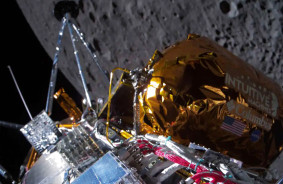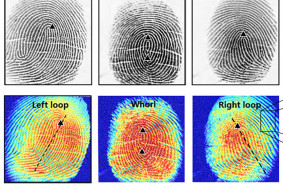An investigation of whale language using machine learning has revealed a complex phonetic system, indicating that cetaceans can communicate with each other in a manner similar to humans.
A research article by specialists from the Massachusetts Institute of Technology titled "Contextual and Combinatorial Structure of Sperm Whale Vocalizations" was published this week in the journal Nature, presenting the results of the study on sounds produced by sperm whales in the Caribbean Sea using simple machine learning algorithms.
The analysis uncovered a complex sound system and codes that were much more intricate than previously thought. The meaning of the conversations remains unknown, but they are quite detailed and likely structured based on a separate phonetic alphabet.
"Similar to the International Phonetic Alphabet for human languages, this 'Sperm Whale Phonetic Alphabet' demonstrates how small variations generate a diverse set of phonemes (in humans) or codes (in sperm whales)," the article states.
While human sounds are classified based on where they are formed in the mouth and whether the vocal cords vibrate, whales use a combination of rhythm and tempo. Other variables include rubato (changing intervals between clicks) and ornament (adding an additional click to the code).
It is important to note that human sounds are not entirely analogous to whale sounds. Researcher Jacob Andreas from the Massachusetts Institute of Technology explained to The Register that "the physiological processes underlying them are quite different— the codes are also much longer than a typical human phoneme."
"The number of codes corresponds to the number of phonemes in some languages, but in reality, we do not know if the code is a phoneme, a word, a sentence, or something else. In these vocalizations (whales sing together), there is much that is significantly different from all human language. It is necessary to characterize what information these vocalizations convey, which is the next major direction in which we are advancing," Andreas noted.
In general, all future studies of both animal and human languages can be enhanced by artificial intelligence. Despite our communication system being better understood, many questions remain unanswered— for example, whether there was an original human language, or if our brain possesses a universal grammar (the biological basis of language theorized by linguist Noam Chomsky).














Comments (0)
There are no comments for now